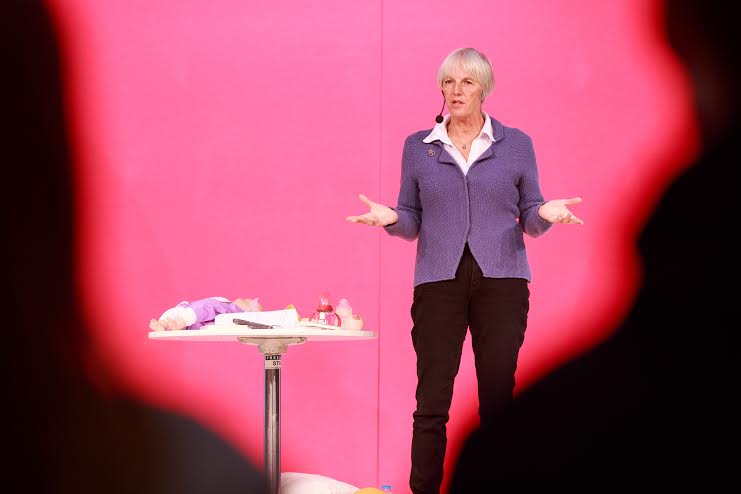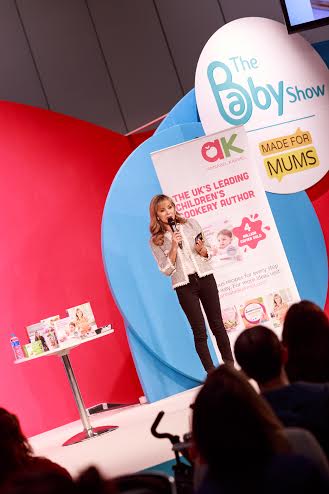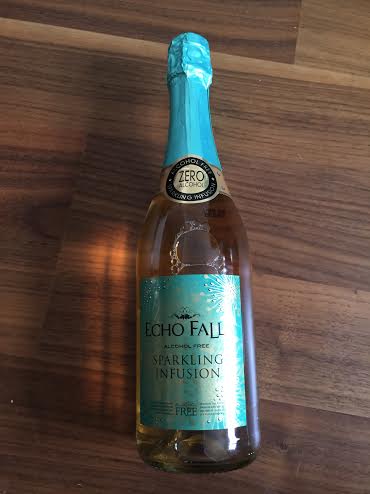It comes from nowhere and catches you off guard. Those feelings of being vulnerable, emotional, sad, tearful and sensitive may make it difficult to believe that it is supposed to be the happiest time of every woman’s life.
Don’t worry, you are not alone! Postnatal anxiety, also known as ‘baby blues’, affects 85% of women and may occur on the day of the birth, the day after or not at all. Despite those overwhelming feelings, remember it is a normal reaction after having a baby.
‘Crying and confusion are experienced by most women and are partly due to the hormone changes experienced during the labour and can also be connected to when the milk comes through. But for some 15% of women, this despair and tearfulness continues and develops into post-natal depression’, explains Dr Marilyn Glenville, the UK’s leading nutritionist and an author of The Nutritional Health Handbook For Women.
Before you start worrying, follow these five simple steps to beat baby blues naturally and start enjoying motherhood!
Take a break
Make sure you find time to rest. Permanent sleep deprivation is the biggest cause of anxiety and low mood. Instead of catching up on all those chores that have piled up, try to coordinate your rest periods with your baby.
‘You may need to ask for help with the housework and other chores so that you can have time to rest, sleep, eat properly and also spend time getting to know your baby. It is a good idea to get out the house on your own; it can feel quite overwhelming to suddenly have someone depending on you twenty-four hours a day. Giving birth may bring up unresolved emotional issues from the past that needs to be dealt with. Counselling may be very helpful if this has happened’, Dr Glenville suggests.
Keep your sugar levels at bay
It is important that you make sure that you are eating little and often. Keeping your blood sugar in balance is crucial for helping you through this time as it directly affects mood and energy. ‘Aim to eat complex and unrefined carbohydrates as part of your main meals – this means choosing brown instead of white (wholewheat bread, brown rice and wholemeal flour). Don’t forget about breakfast, porridge and oatmeal is a good choice. Do reduce and preferably avoid stimulants including tea, coffee, chocolate, smoking and canned drinks with caffeine’, explains Dr Glenville.
Too much copper is no good news
Mineral imbalances or deficiencies can also contribute to ‘baby blues’. One of the most important nutrients during this difficult time is zinc.
Zinc and copper are antagonists, which means that high levels of copper reduce zinc and vitamin B6. Once you are pregnant, copper levels in the blood tend to rise dramatically and remain high for up to a month after giving birth as it stimulates the uterus.* This can cause what feels like depression: extreme fears, anxiety, sleep problems, paranoia and even hallucinations. ‘High levels of copper that decrease zinc can be dangerous, especially for a new mum, as she may be already low in this mineral after giving birth. Zinc deficiency can cause stretch marks, white spots on fingernails, decreased wound healing, loss of appetite and low mood. Make sure you are taking good multivitamins and minerals, the ones you took during pregnancy are fine but add some extra zinc’ (recommended daily intake is 50mg of zinc a day), advises Dr Glenville. Try Nature’s Plus Zinc (www.nutricentre.com, £8.59).
Fatty acids
During pregnancy, women are constantly being deprived of fatty acids because of the physical demands of growing fetus. ‘Omega 3 fatty acids are proved to increase levels of serotonin so they are essential in fighting depression and anxiety. Try to include salmon, avocado and nuts in your daily diet. If you don’t like fish, choose a good quality omega-3 supplement such as Omega 3 by Quest Vitamins (www.revital.co.uk, £6.19).’ recommends Shona Wilkinson, Head Nutritionist at www.nutricentre.com.
Balance your hormones
‘Try to take milk thistle every day to support the liver and gall bladder. This powerful herb can help the liver to deal with toxins and process excess hormones from the body. In addition, it is an excellent promoter of milk production, so will help with breast-feeding as well’, says Shona.
*http://metabolichealing.com/zinc-copper-imbalances-immense-biochemical-implications/












